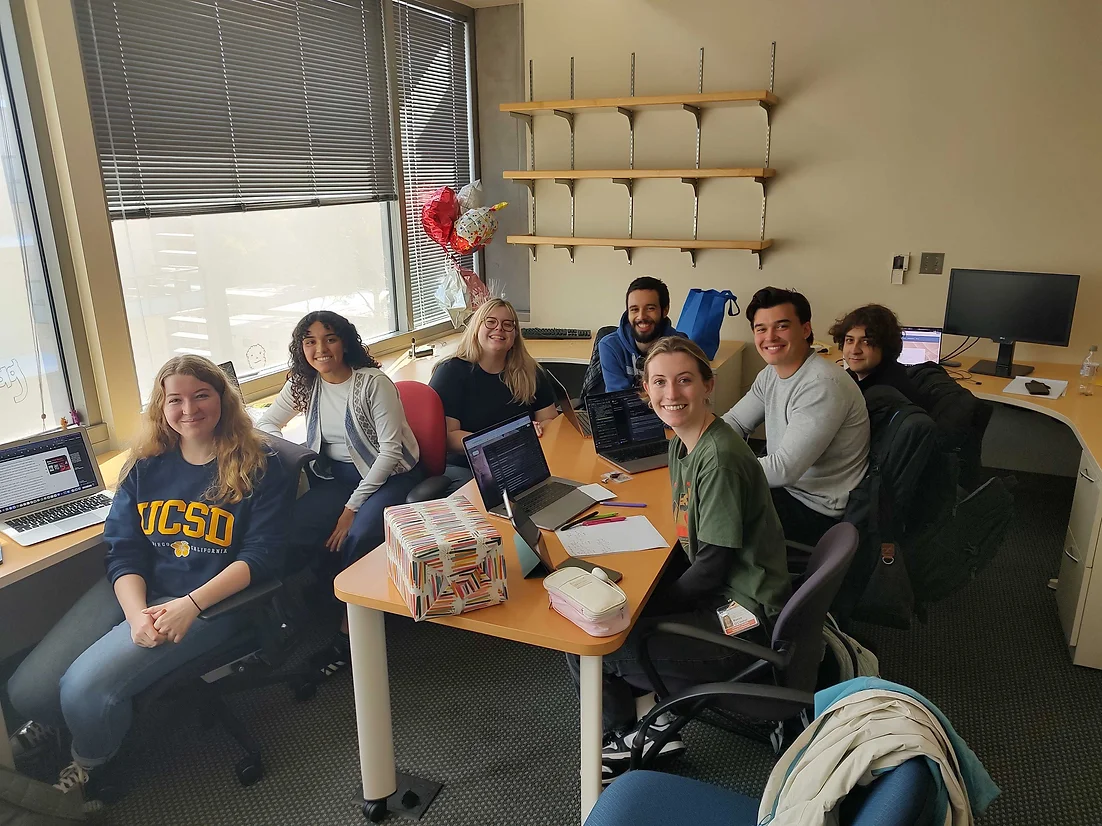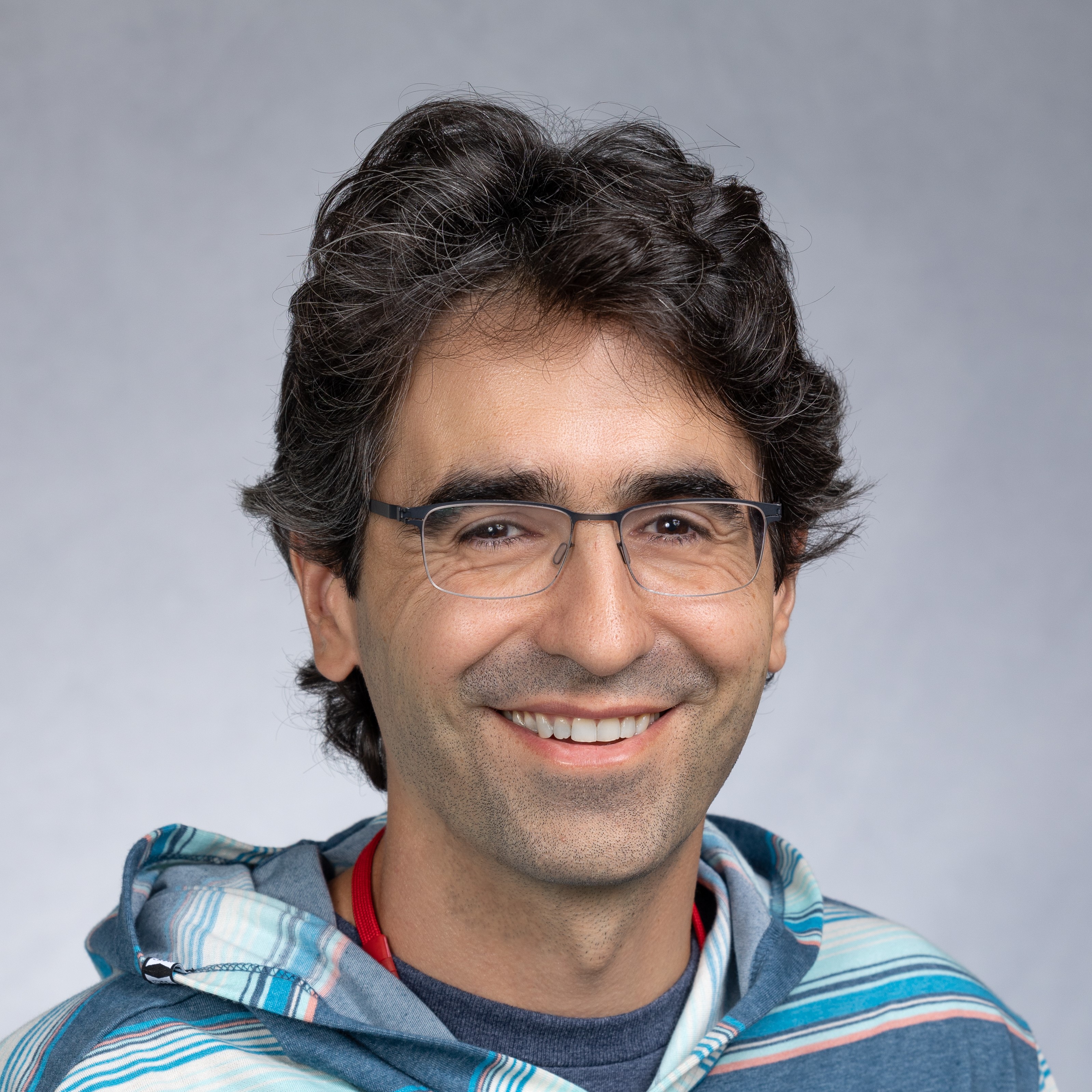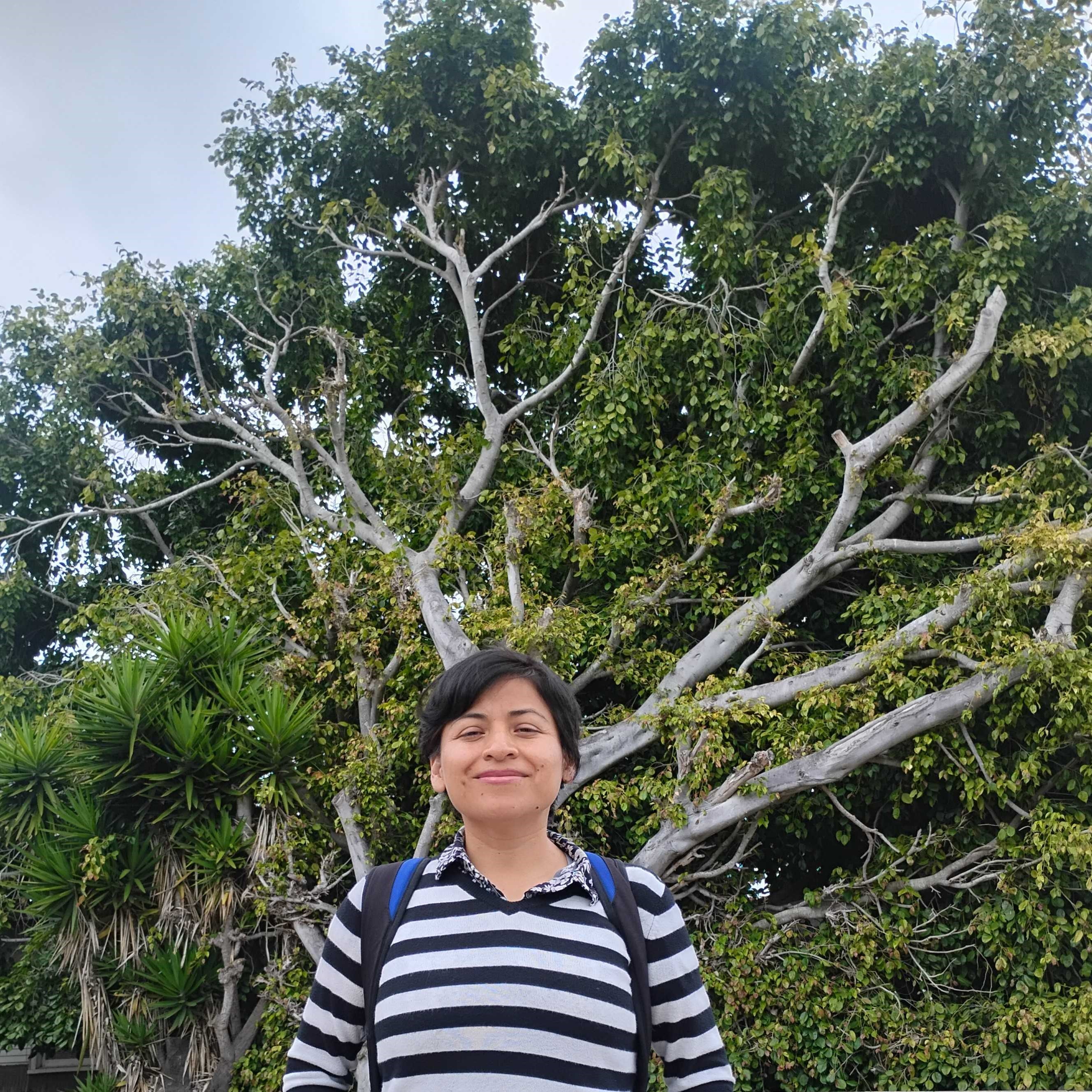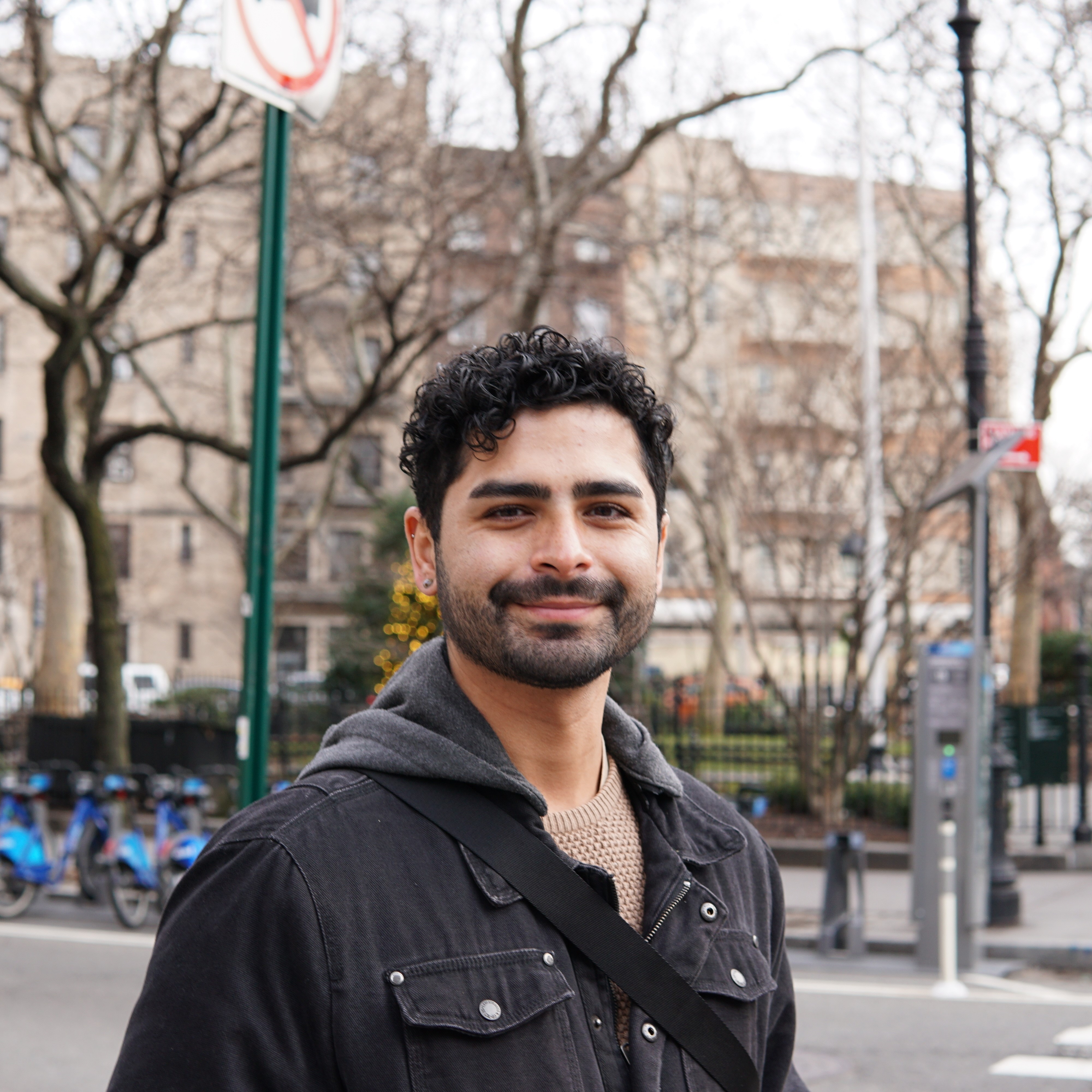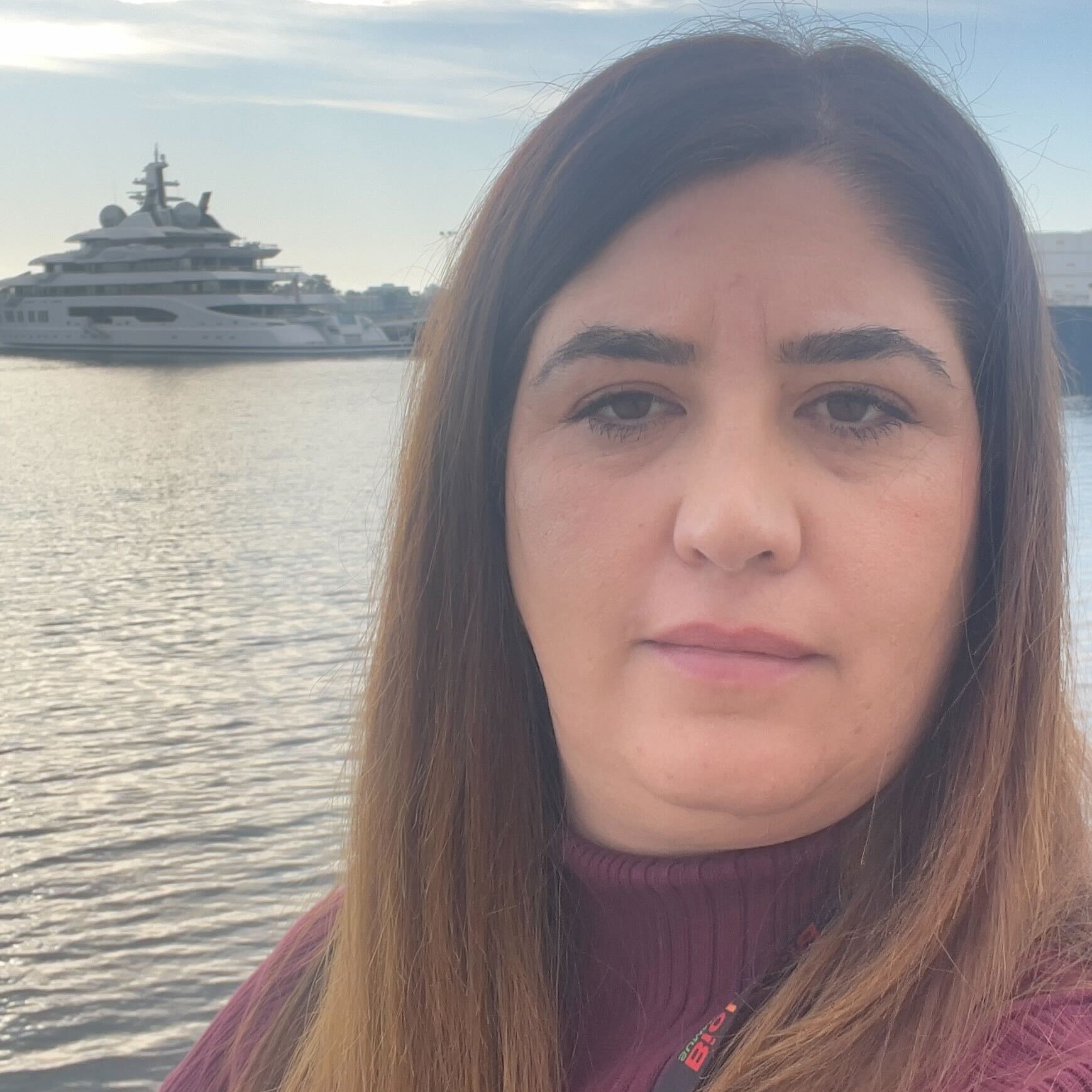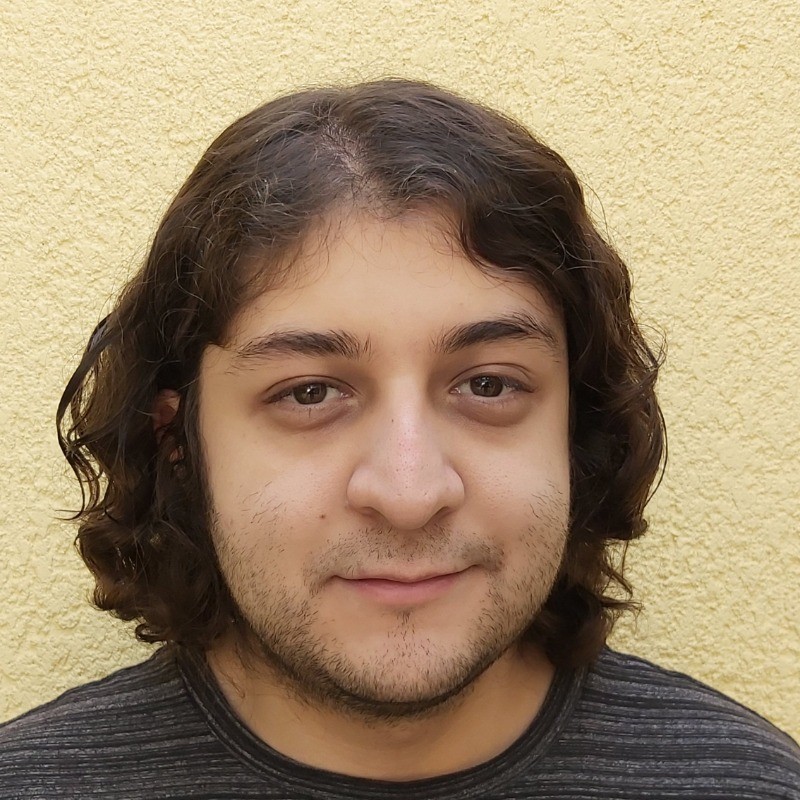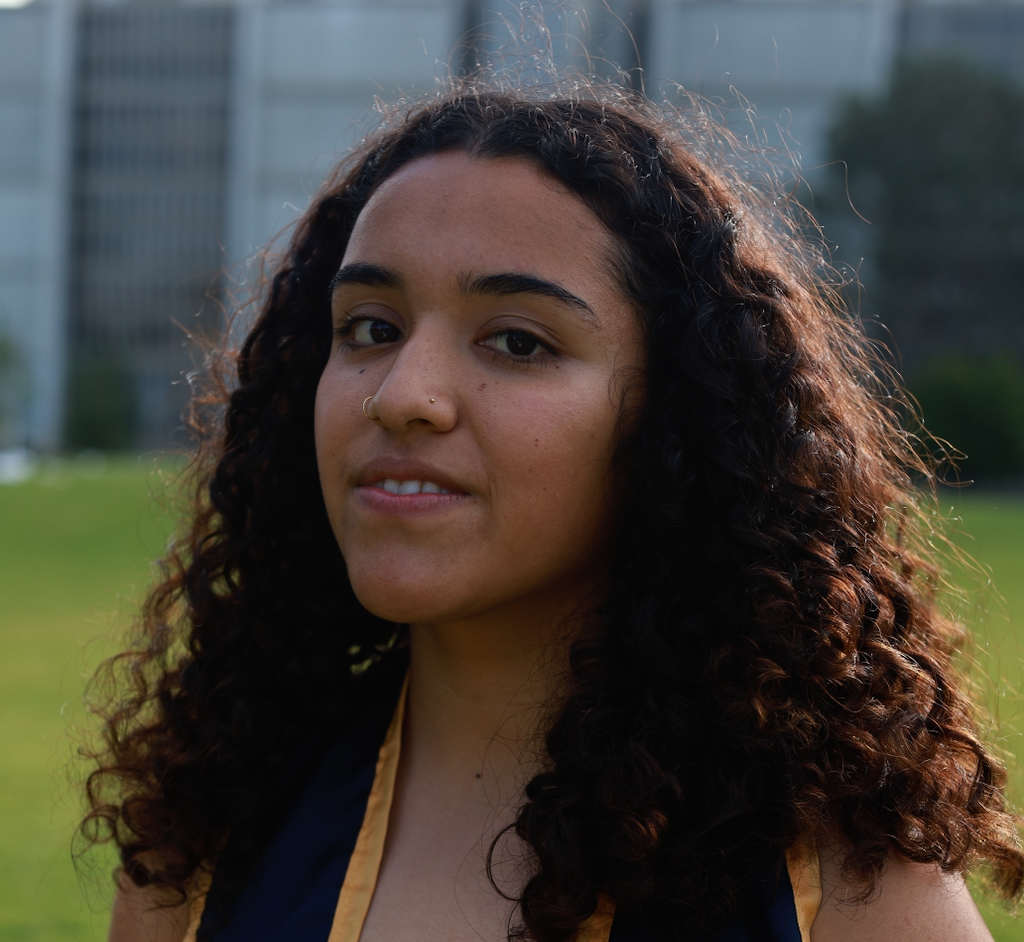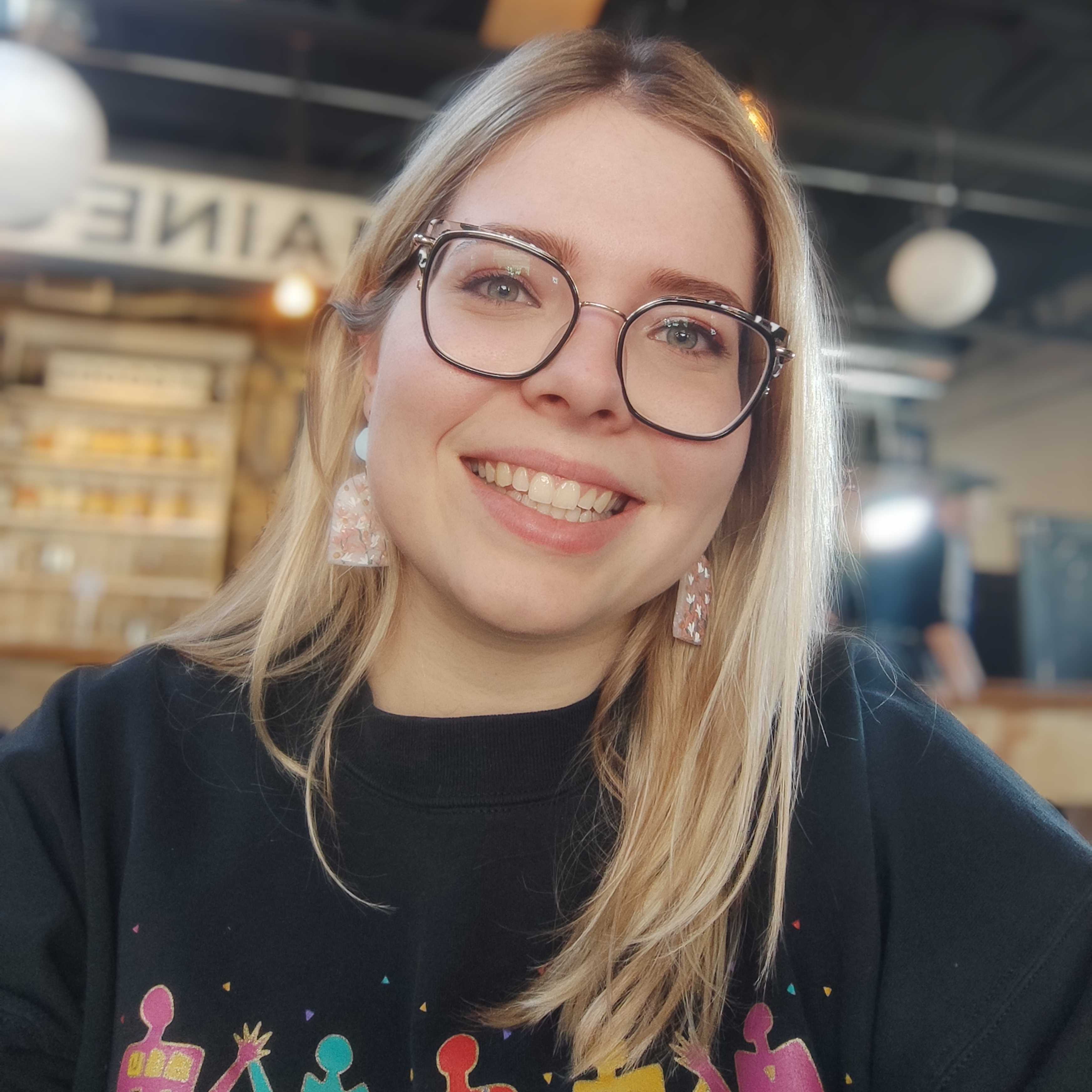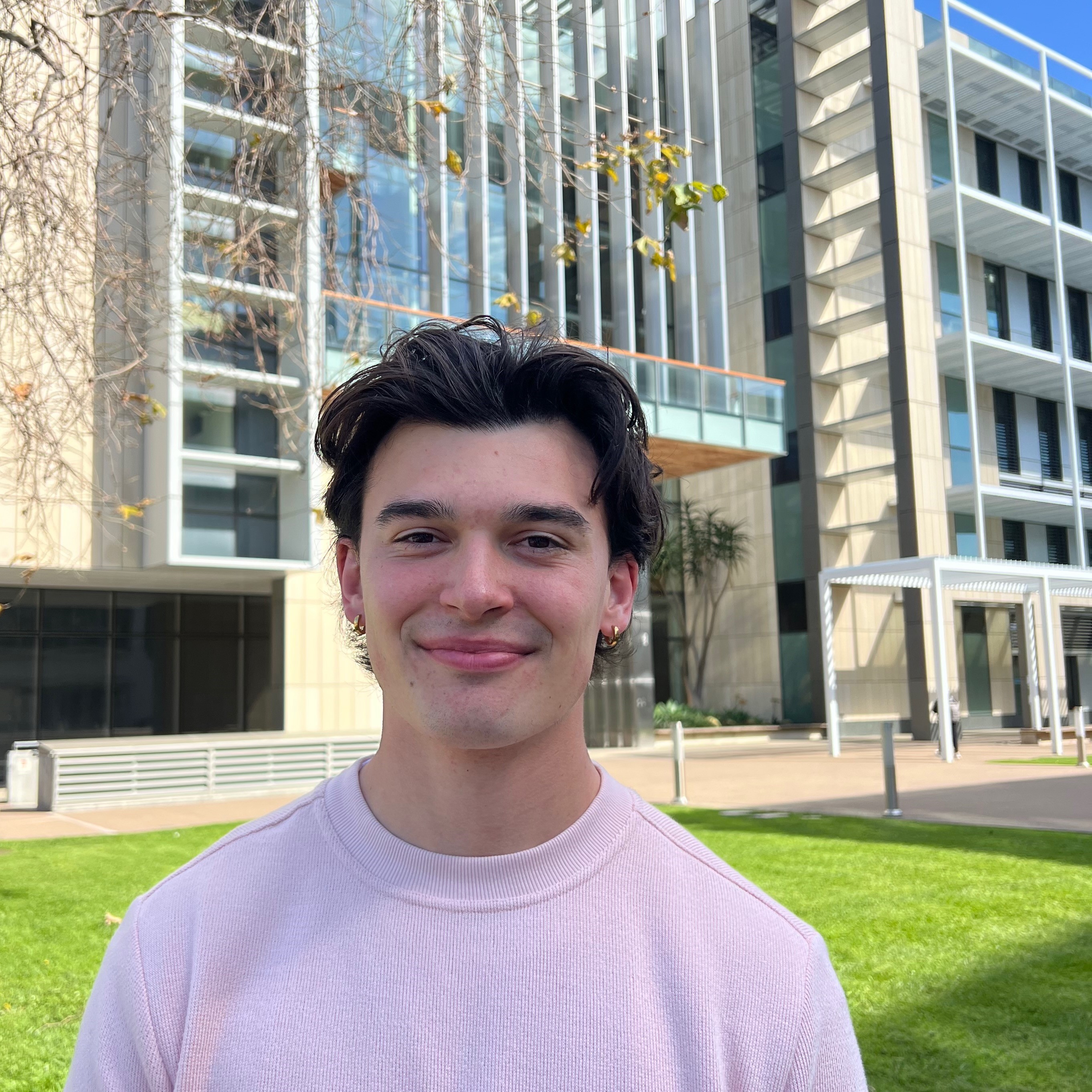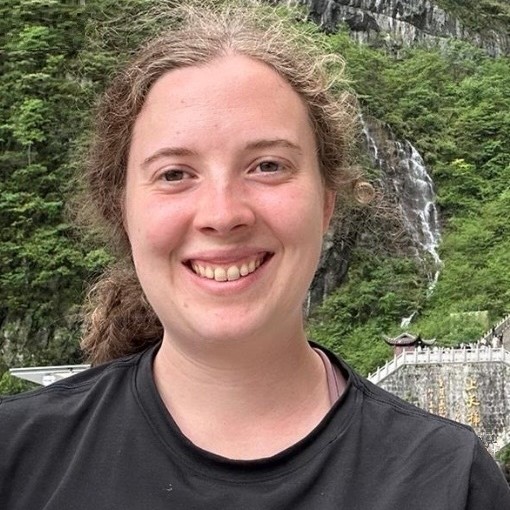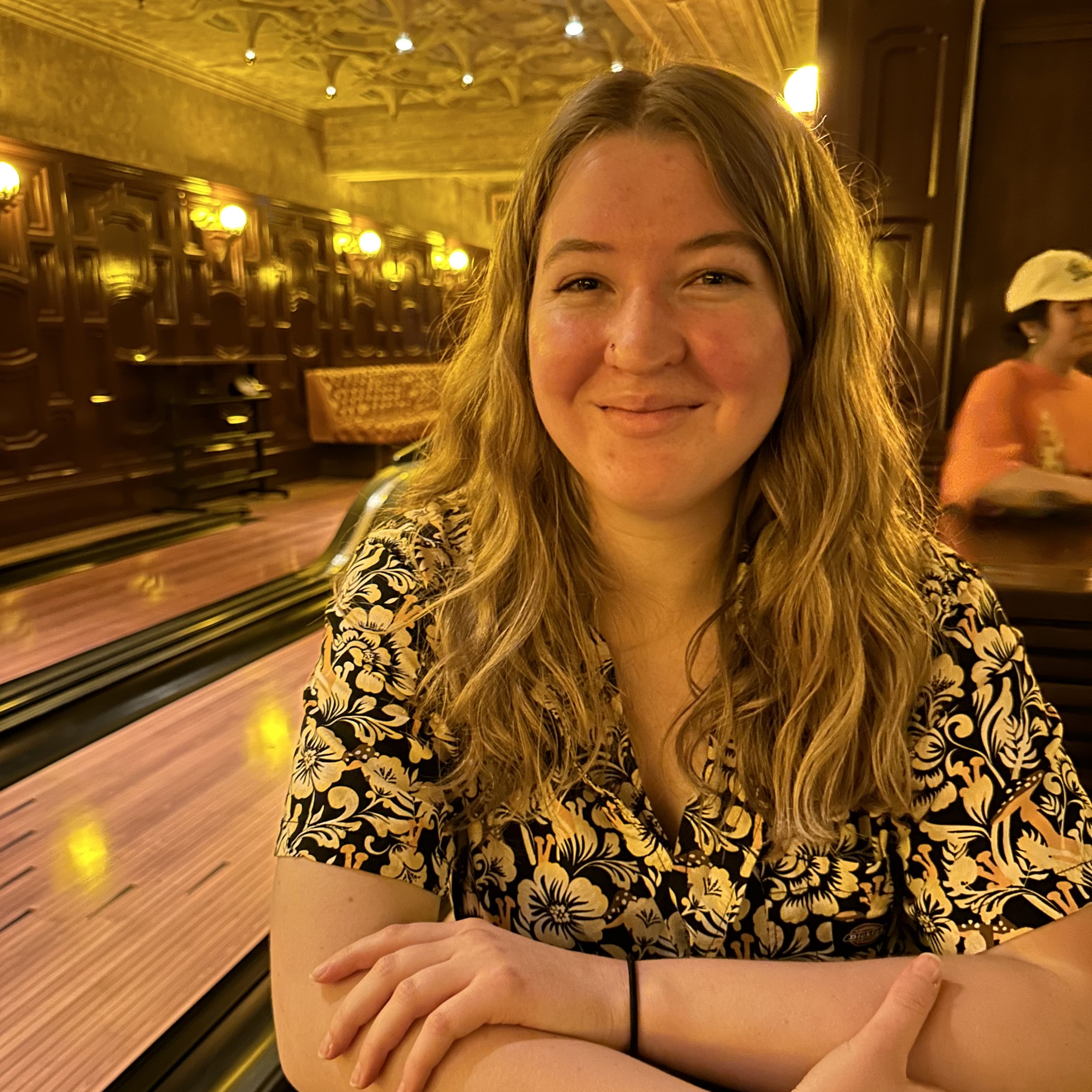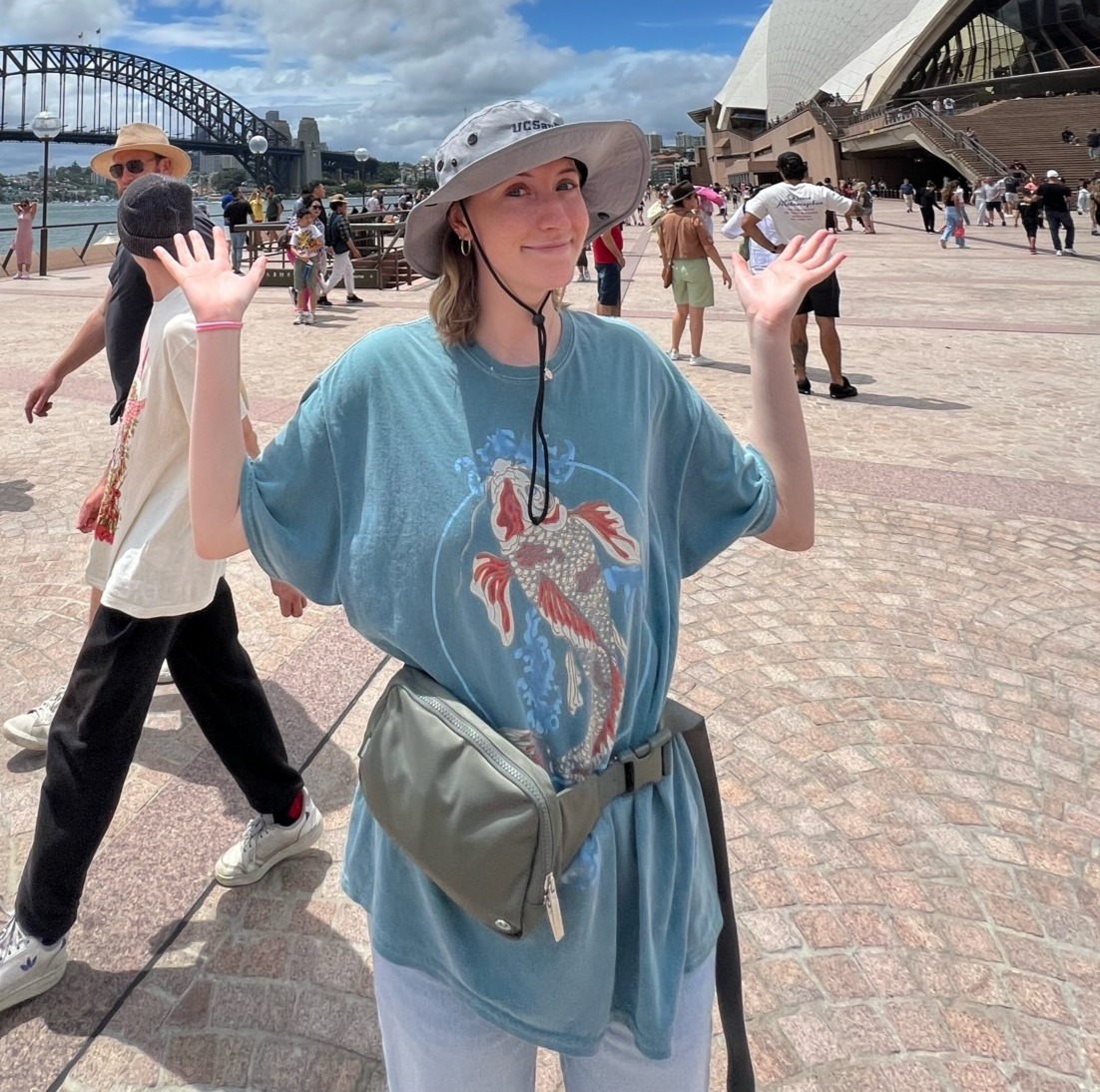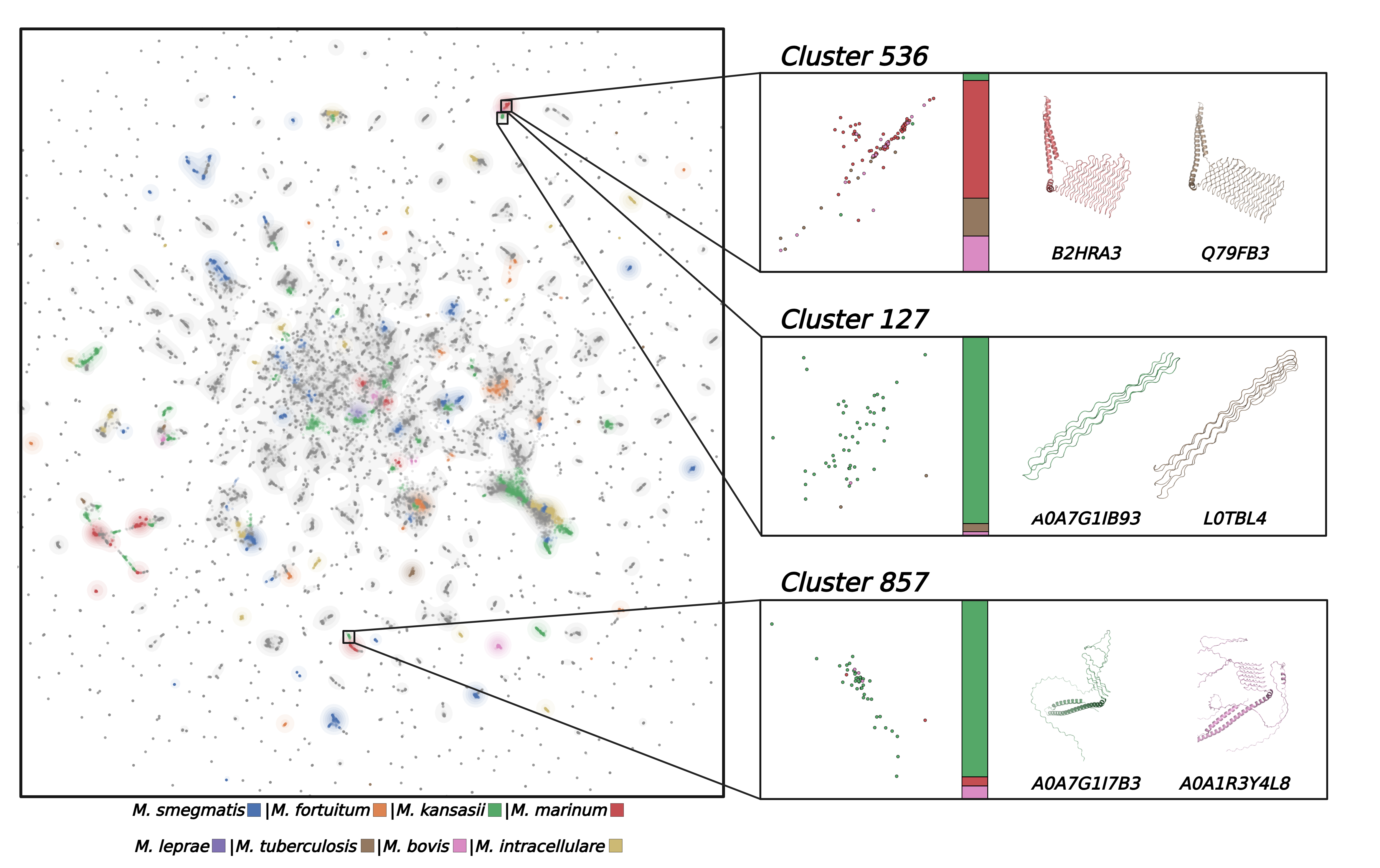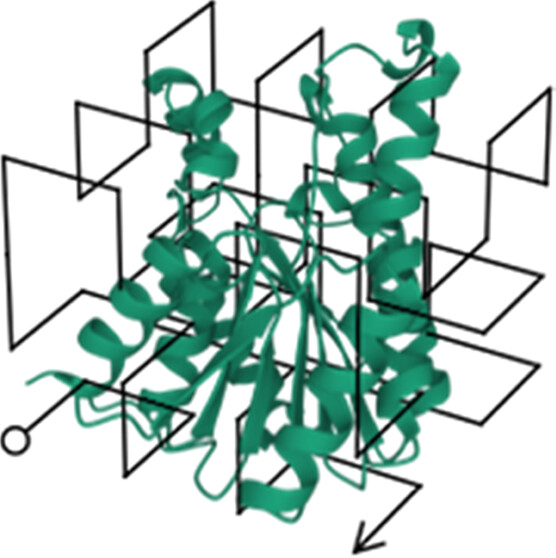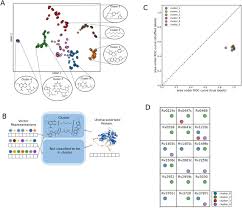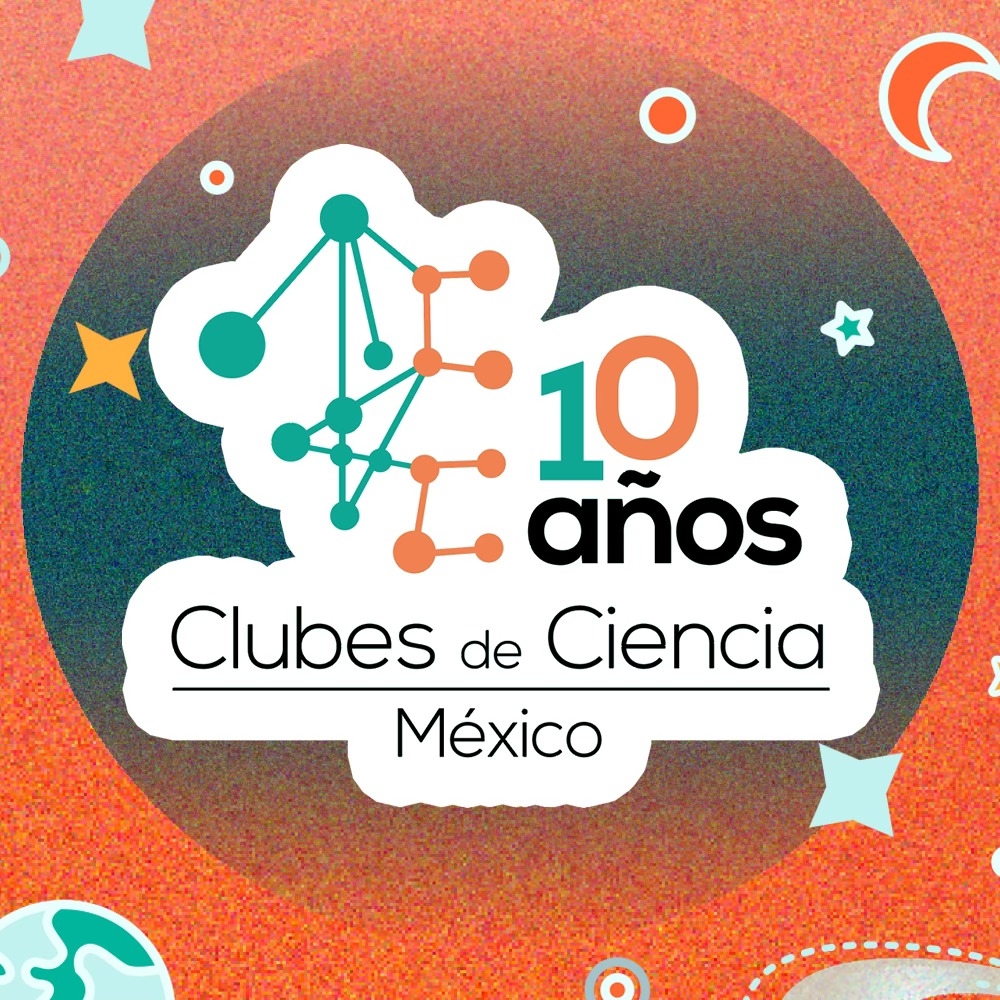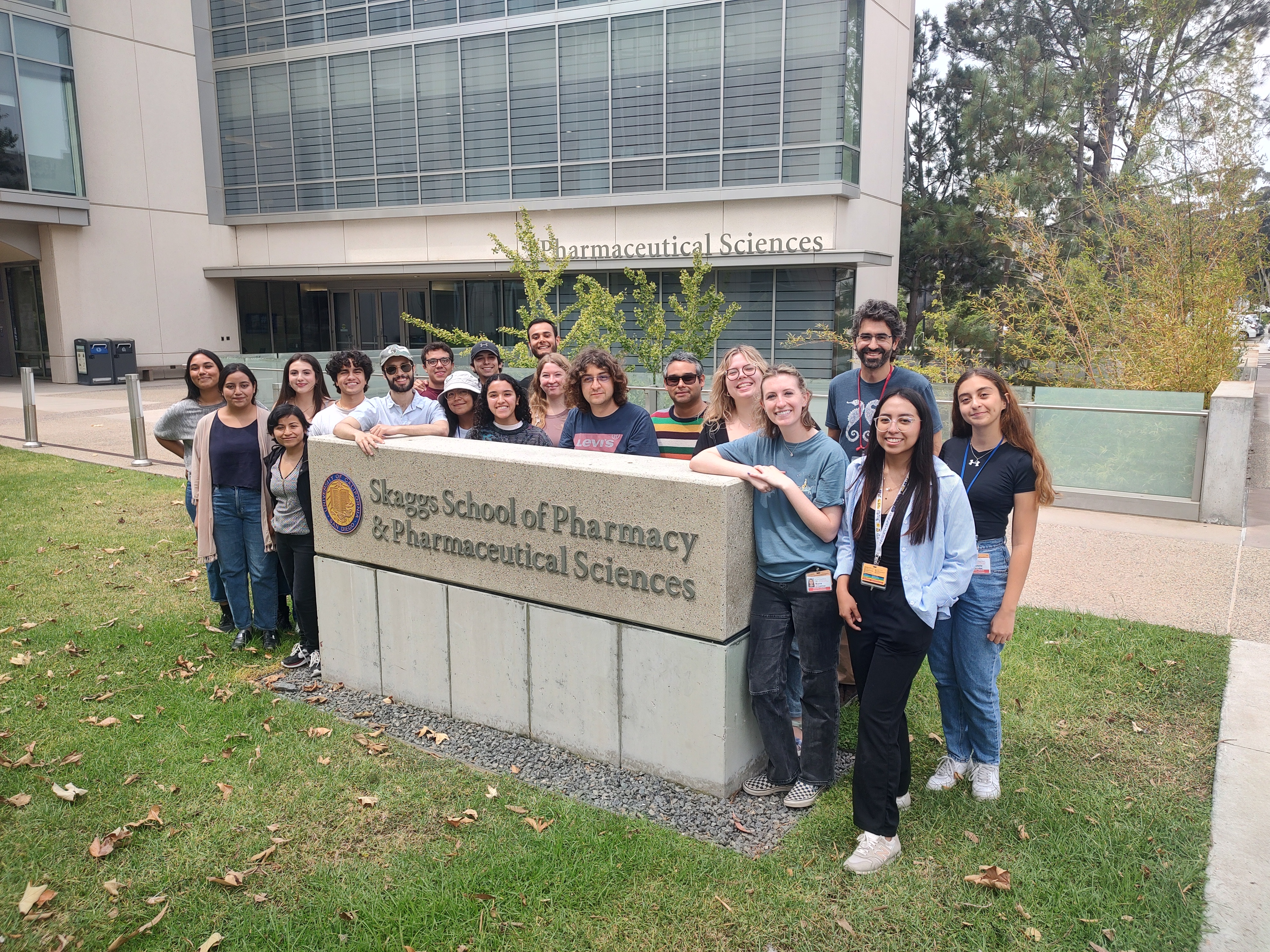About
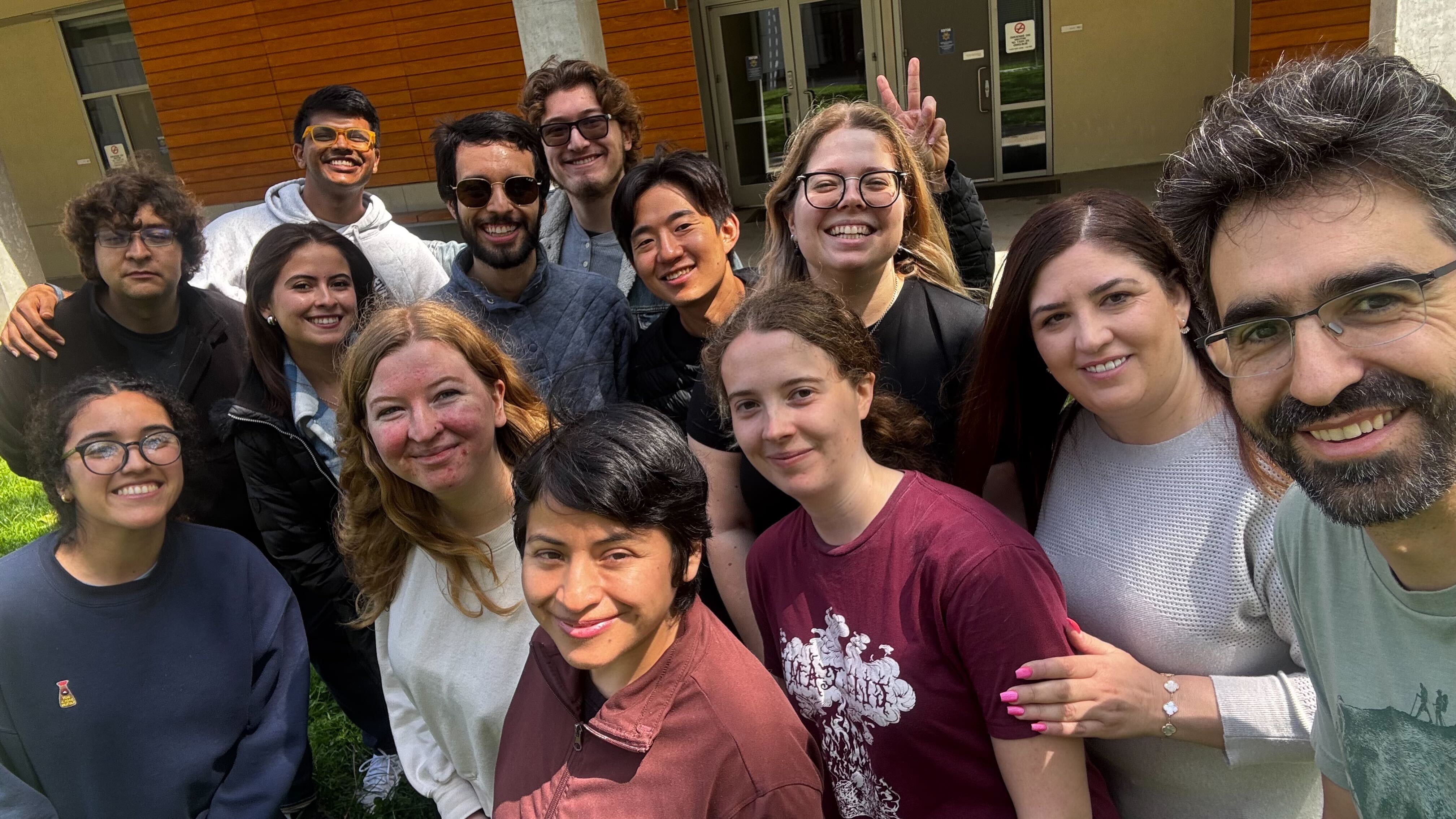
Our Humble Beginnings
In September 2023, we opened our doors at UC San Diego as a mixed computational and experimental group. Our mission is to bring cutting-edge AI for tuberculosis research — from predicting essential protein interactions to designing protein-based inhibitors. At the same time, we pursue foundational problems in biochemistry, with a focus on protein language models and the enzyme-to-substrate mapping challenge.
The Computational Lab
Our lab uses powerful computers to apply machine learning tools to the protein-small molecule (e.g. enzyme-substrate) mapping problem. We have our own GPU workstations and access to supercomputers at the San Diego Supercomputer Center (SDSC).
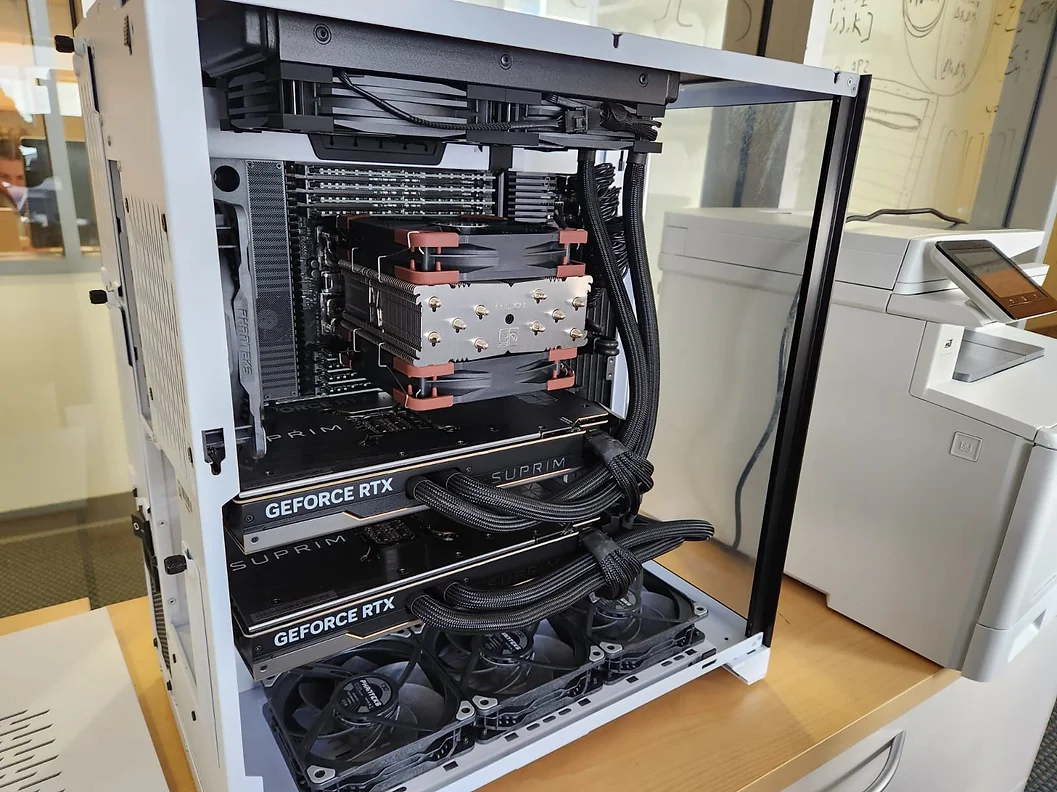
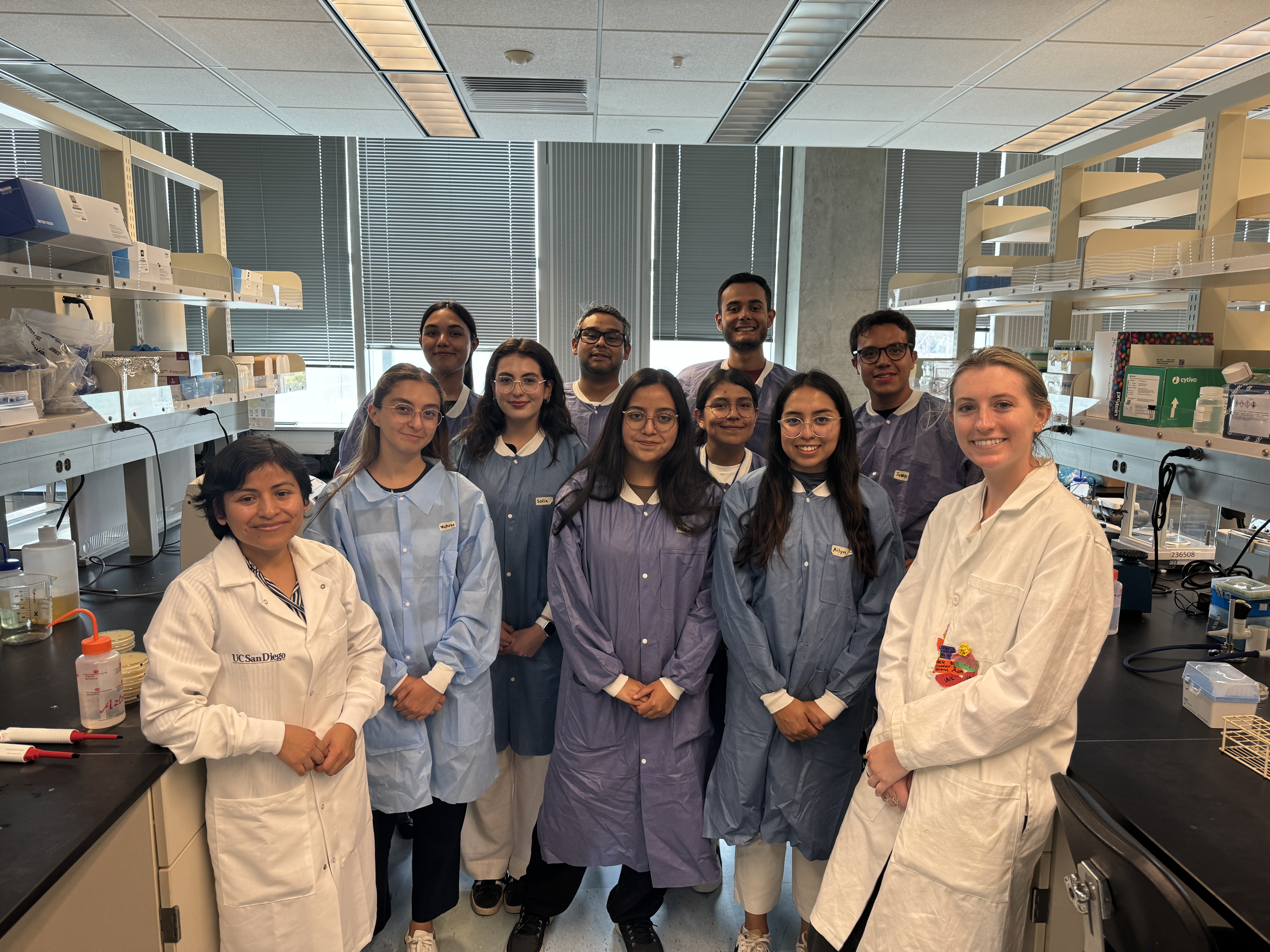
The Wet Lab
Our wet lab focuses on enzyme biochemistry, where among other things, we:
- Validate computational predictions of enzyme function
- Generate new data to train our machine learning models
- Perform enzyme activity assays
We collaborate with world-class LC-MS experts at UCSD to precisely measure enzyme activities and metabolites.
Our values
We strive for excellence in all we do. Our main goal is to nurture scientists and humans; high-quality research and publications naturally follow from this focus. We encourage the use of resources like Materials for Nurturing Scientists from Uri Alon's group to support this mission. We value community engagement through outreach activities and embrace diversity in all its forms. To enhance our scientific productivity and empower our trainees, we actively integrate AI tools, including large language models, into our work.
